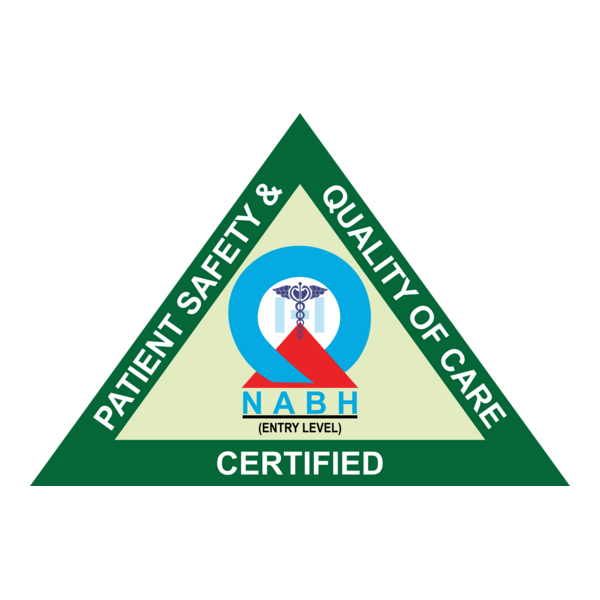Smell Disorder Therapy
Definition
Smell disorder therapy involves diagnosing and managing conditions that affect the sense of smell (anosmia, hyposmia, or parosmia). Therapy aims to restore or improve olfactory function and enhance quality of life.
Purpose of Smell Disorder Therapy
To identify the underlying cause of smell disorders
To restore or improve the sense of smell
To enhance taste perception and appetite
To improve overall quality of life and safety (e.g., detecting smoke or gas leaks)
Types and Methods of Therapy
Medical Management
Treating infections, nasal polyps, or inflammation causing smell loss
Use of corticosteroids or other medications to reduce nasal blockage
Olfactory Training
Regular exposure to different scents to retrain the brain
Improves smell perception over time
Surgical Intervention
Removal of nasal obstructions like polyps if required
Endoscopic procedures to improve airflow to the olfactory region
Lifestyle & Supportive Measures
Avoiding irritants like smoke and pollutants
Nutritional support to enhance sensory recovery
Regular follow-up to track improvement
Benefits of Smell Disorder Therapy
Restores or improves sense of smell
Enhances taste and overall eating experience
Improves safety and environmental awareness
Enhances daily life and overall well-being


